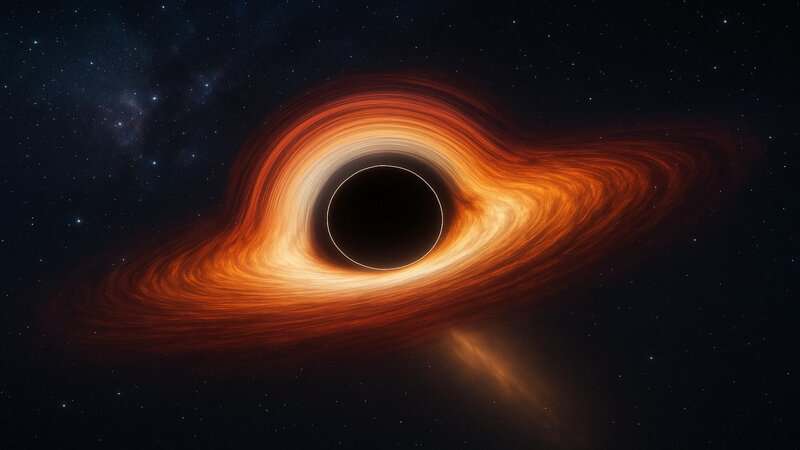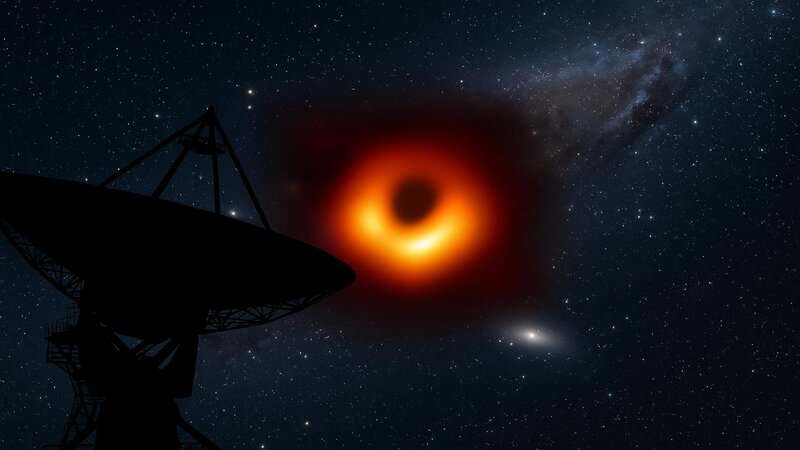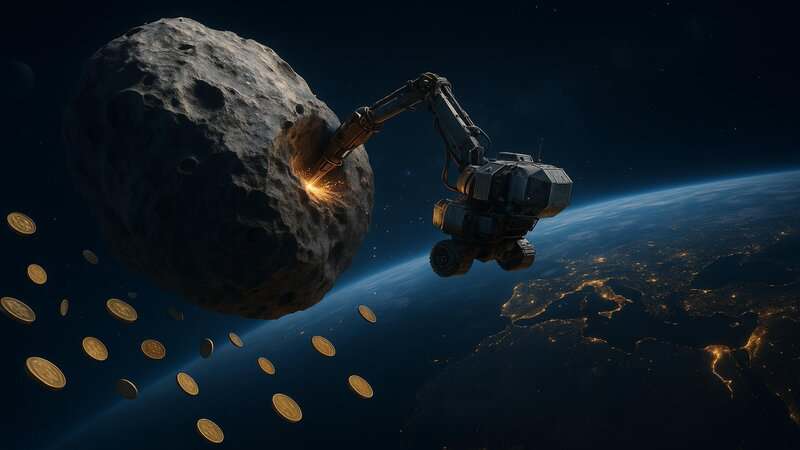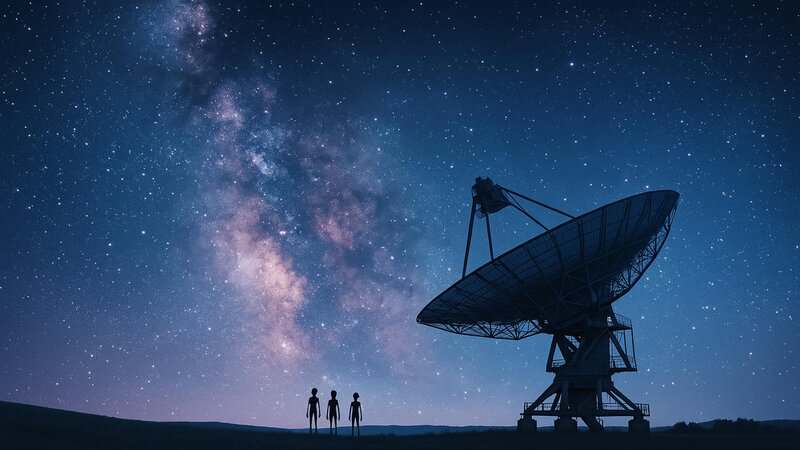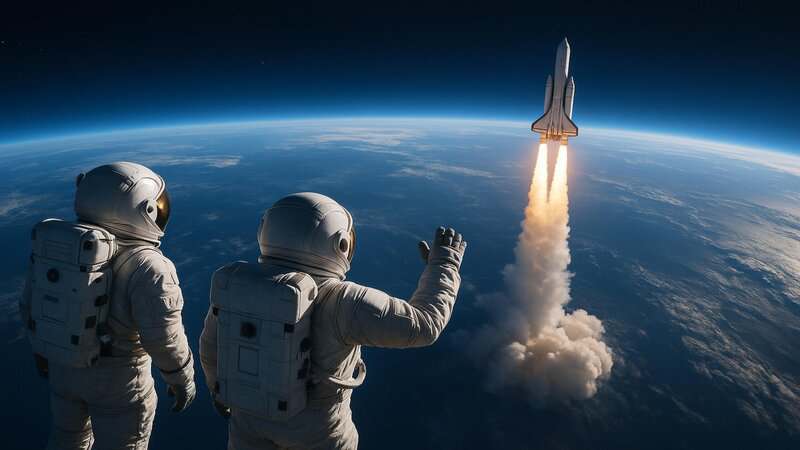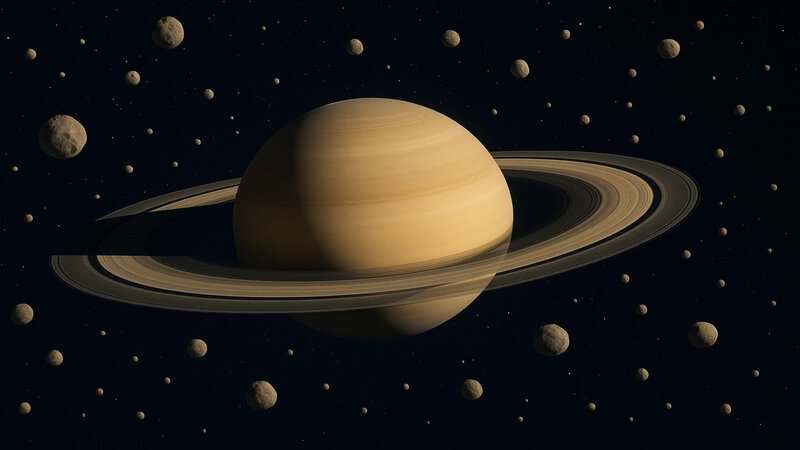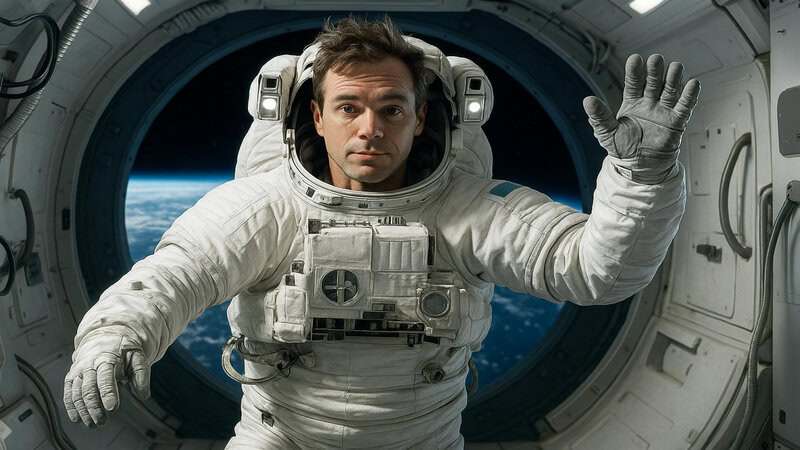Sea level rise has become one of the most urgent challenges of our time, with recent scientific findings sparking heightened concern. The 2024 climate indicators report reveals that ocean levels are climbing even faster than earlier forecasts suggested. Researchers attribute much of this acceleration to increased human activity—especially the burning of fossil fuels and widespread…
Kategorie-Archive: Space
Black holes are some of the universe’s most mysterious—and mind-bending—objects. They defy our everyday logic, swallowing light and matter alike, warping space and time, and holding secrets that continue to baffle even the brightest scientists. Many facts about black holes sound so outrageous, they almost seem fictional. Yet, these cosmic enigmas are very real and…
In a breathtaking leap for science, astronomers have accomplished what was once thought impossible: capturing the first-ever image of a black hole. This remarkable achievement, realized through a worldwide network of telescopes, marks a turning point in our understanding of the cosmos. Never before has humanity directly observed the shadow of a black hole, a…
Imagine a future where rare metals are no longer rare, and the riches of space are within reach. Asteroid mining—once science fiction—now stands on the brink of reality, promising to unlock trillions of dollars in resources from the cosmos. As private companies and governments accelerate plans to harvest asteroids, excitement is building alongside concerns about…
For centuries, people have gazed at the night sky, wondering if we are truly alone in the universe. Despite the billions of stars and potentially habitable planets identified by astronomers, our search for extraterrestrial intelligence has resulted in a resounding silence. From the pioneering efforts of SETI to the latest missions like NASA’s TESS, humanity’s…
In 2025, space tourism is no longer a distant dream but an exhilarating reality for adventure seekers worldwide. With rapid advancements in spacecraft technology and improved safety protocols, cosmic journeys are more accessible than ever before. Companies now offer a dazzling array of experiences, from weightless suborbital hops to immersive multi-day stays aboard private space…
Astronomers have made an extraordinary breakthrough by identifying 128 new moons orbiting Saturn, dramatically increasing the planet’s known satellite count to a staggering 274. Using advanced telescopic surveys and innovative data-processing techniques, researchers meticulously tracked faint specks of light moving against the starry backdrop. These findings not only solidify Saturn’s status as the solar system’s…
Space is unimaginably vast, stretching beyond anything most humans can easily comprehend. Scientists estimate that the observable universe is about 93 billion light-years across—an expanse so immense that even light, traveling at 299,792 kilometers per second, would need billions of years just to cross it. This sheer scale makes even our solar system seem almost…
Einstein’s theory of relativity reveals that time is not absolute; it varies based on speed and gravity. Astronauts aboard the International Space Station (ISS) experience time differently than those on Earth. Orbiting at approximately 7,700 meters per second, they age about 0.005 seconds less over six months compared to people on Earth. (en.wikipedia.org) This phenomenon,…
Embarking on a journey beyond Earth’s atmosphere exposes the human body to unique challenges. The microgravity environment, increased radiation, and confined living conditions aboard spacecraft and space stations can lead to a range of physiological and psychological changes. These adaptations underscore both the marvels and obstacles of extended life in space. Understanding these effects is…


